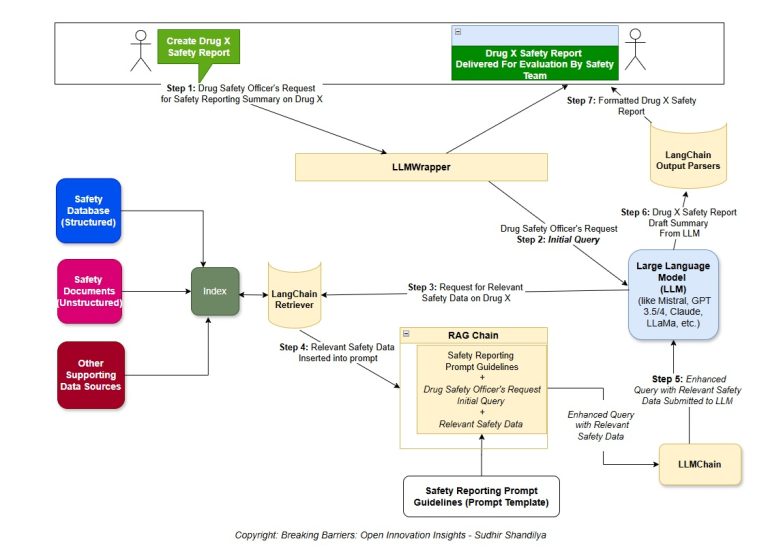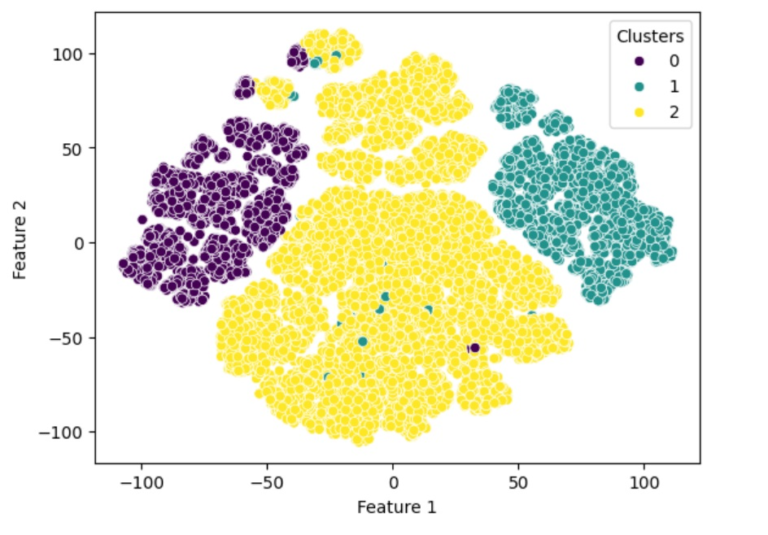
My experience interacting with Michael Porter a few years ago at Babson College in Wellesley, my alma mater, is one of the moments that I still cherish. Porter, a distinguished Harvard Business School professor renowned in economics and business strategy, offered profound insights that have since reshaped my understanding of capitalism’s role in society.
A Critical Examination of Traditional Capitalism
Porter’s discourse at Babson College was a masterclass in rethinking the entrenched notions of capitalism. He pointed out that the traditional capitalist model, which assumed that what is good for business is inevitably good for the community, has significant shortcomings. This model, heavily skewed towards financial gains, often neglects the broader societal impacts, an oversight brought into stark relief by multiple corporate failures and ethical scandals.
Advocating for a Community-Centric Approach
One of the most impactful messages from Porter was his call for a new business philosophy: “Whatever is good for the community is good for business.” This principle suggests a radical reorientation of business strategies to prioritize community welfare alongside profit. It marks a shift from a singular focus on shareholder value to a broader consideration of shared value – Creating economic value in a way that also creates value for society by addressing its needs and challenges. Ref: https://www.isc.hbs.edu/creating-shared-value/Pages/default.aspx
Integrating Social Responsibility into Core Business Practices
Porter emphasized that businesses must integrate social responsibility into their operations. Rather than treating community impact as an afterthought or a peripheral CSR activity, he argued for its incorporation as a central component of business strategy. This approach calls for a symbiotic relationship between businesses and communities, where each positively influences and supports the other.
Redefining Corporate Social Responsibility
Michael Porter’s insights compellingly demonstrate the necessity for businesses to overhaul traditional CSR models to meet the complex challenges of today’s society effectively. To achieve genuine economic growth and societal progress, it is imperative that businesses deeply embed social consciousness into the core of their operational strategies. This integration is not just an option but an essential move towards a more responsible and sustainable future.
Envisioning Businesses as Catalysts for Social Change
Engaging with Michael Porter at Babson College was an educational experience transcending traditional learning and a profound call to action. His insights highlight the critical need for businesses to realign their objectives with community welfare. Adopting this redefined model of capitalism is not merely an ethical obligation but a strategic necessity in a world increasingly driven by social consciousness. Porter’s teachings at Babson inspired a commitment to advocating for a form of capitalism that generates wealth while contributing to a more equitable and sustainable future.
This transformative approach to capitalism demands that businesses consider more than just financial success. It calls for integrating social values and community needs into every business strategy, redefining success to include a company’s impact on environmental sustainability, social equity, and community development.
In this new paradigm, corporate social responsibility shifts from a peripheral activity to a core strategic component. Businesses must adopt a long-term perspective, prioritizing enduring community and environmental impacts alongside immediate financial gains. This means innovating for competitive advantage and societal betterment, crafting solutions that address global challenges while driving business growth.
Embracing this evolved model of capitalism is crucial for businesses aiming to remain relevant and thrive in a society where the emphasis on social responsibility and sustainability is growing. Inspired by Porter’s teachings, there’s a commitment to champion and implement strategies that generate wealth and foster a more equitable and sustainable world. This involves guiding businesses through the complexities of balancing profit with purpose and navigating the changing global landscape, focusing on aligning business success with societal progress.












